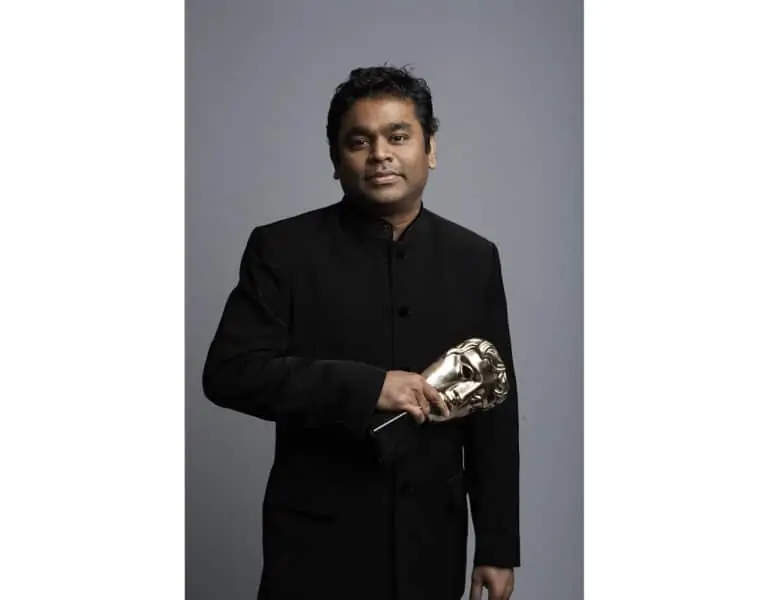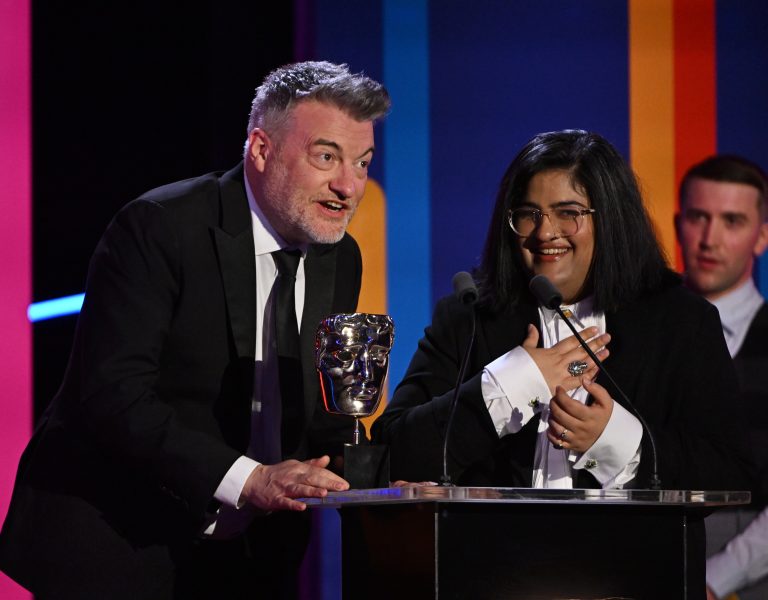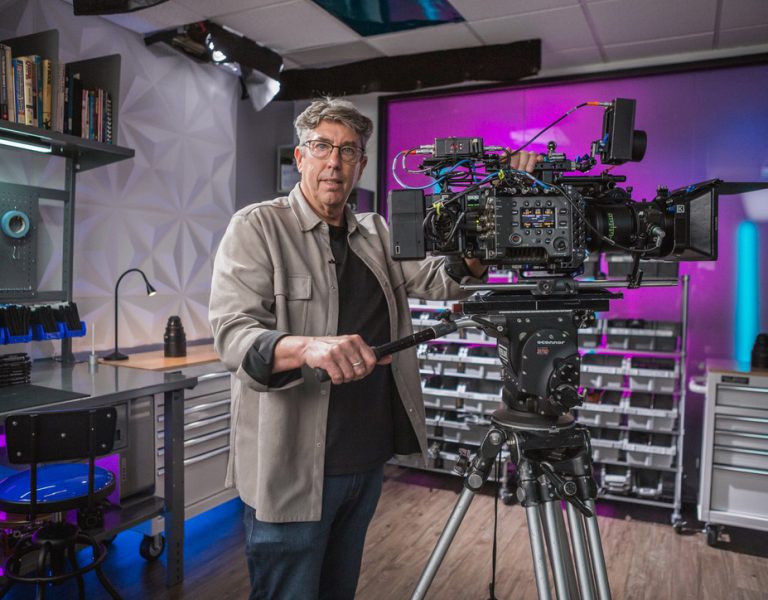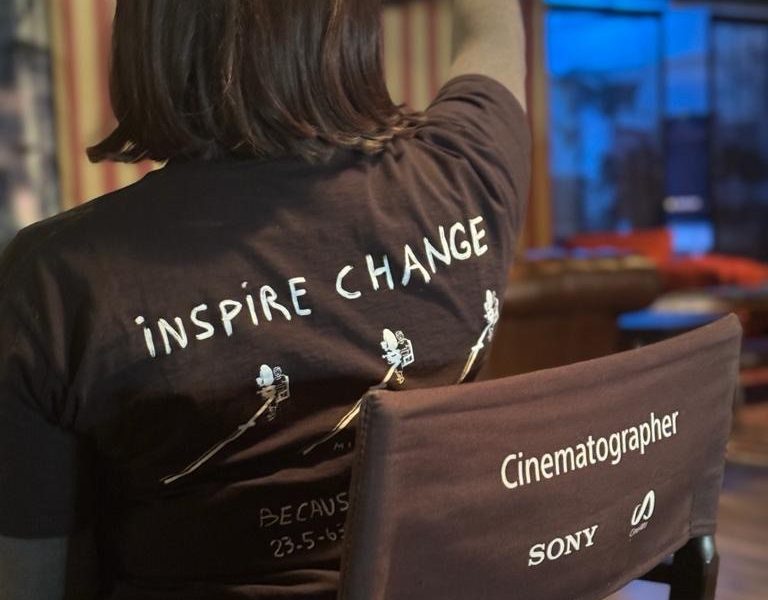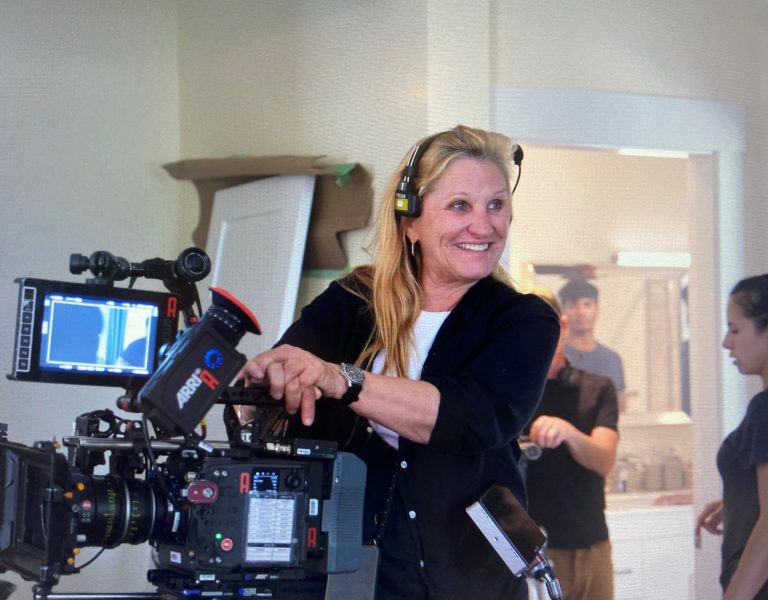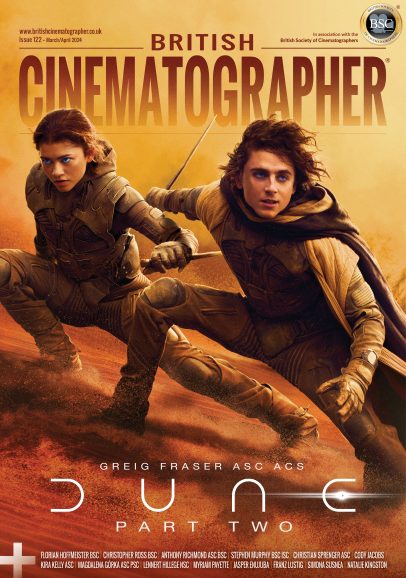BAFTA Breakthrough, supported by Netflix, celebrates the next generation of creative talent working in film, games and television. Cinematographer Satya Rai Nagpaul ISC has been selected as part of the programme’s India cohort.
Could you briefly take us through your career so far, starting with who or what first sparked your interest in cinematography?
It all started with my parents. My father, the introverted formalist, an architect trained in India and Italy, with a career spanning Delhi, Atlanta and Jeddah, conceiving and building some very important domestic and international buildings of his time. And my mother, an extroverted, instinctual artist of domesticity, whose capacity to knit the most amazing cardigans and design the most outstanding bedsheets, both, with no prior designs in mind, continues to show me how creativity and imagination come ‘from the moment’. I am indebted to them both. I am a planner. A rigorous one, if I get the opportunity. And then, I give it all up, just when the frame is set and the lighting begins.
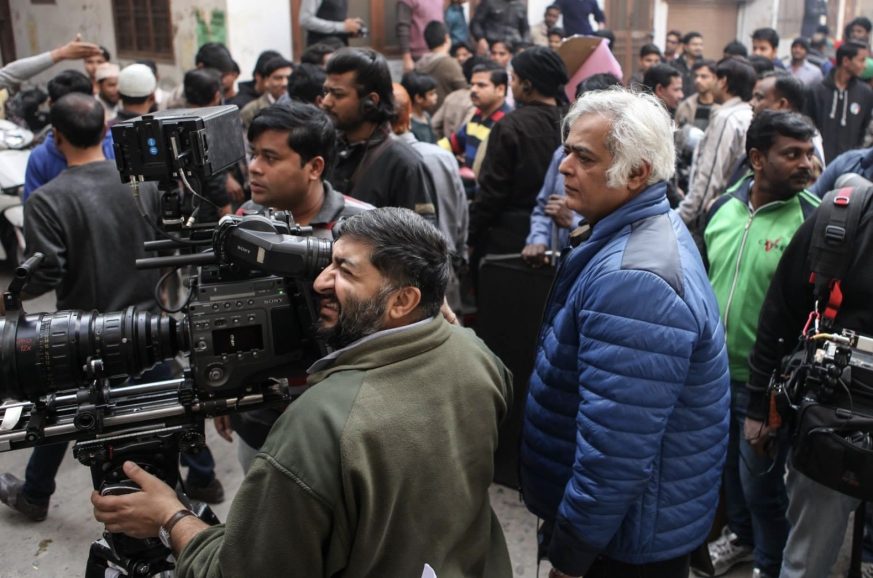
I took my first practical steps with documentary, starting with research and short scripts, graduating to working as an assistant director and then, as a production co-ordinator, culminating with my first chance to operate in a multi-camera educational programme. I then made it to the national film school in Pune, the Film & Television Institute of India. I specialised in cinematography over its three-year programme, before starting to work with some ace DPs in Bombay and those visiting from abroad. All this lead to my first break in 2010, with the film, Anhey Ghode da Daan/Alms of the Blind Horse, that won me the most prestigious award in the country, the National Award for Best Cinematography. The director, Gurvinder Singh also won a National Award for Best Direction on what was a debut feature for both of us. The collaboration with Gurvinder continued over the next 10 years, over which we shot two more features, all located in the northern Indian state of Punjab. This ‘Punjab Trilogy’ recently had its world premiere at HOME, Manchester, UK, this September.
Career highlights include: Pakistan’s entry to the Oscars for 2013, Meenu Gaur’s debut film, Zinda Bhaag/Run for Your Life, photographed in Lahore; Hansal Mehta’s Aligarh, 2015, India’s most well regarded queer film to date, and, Ashim Ahluwalia’s award-winning commercial for the centenary celebrations of Anand Bazaar Patrika, India’s iconic, oldest and largest non-English publisher, 2022. Just this month, my work on a climate change film, Nocturnes, directed by Anirban Dutta and Anupama Srinivasan, has been selected for the World Cinema Documentary Competition at Sundance.
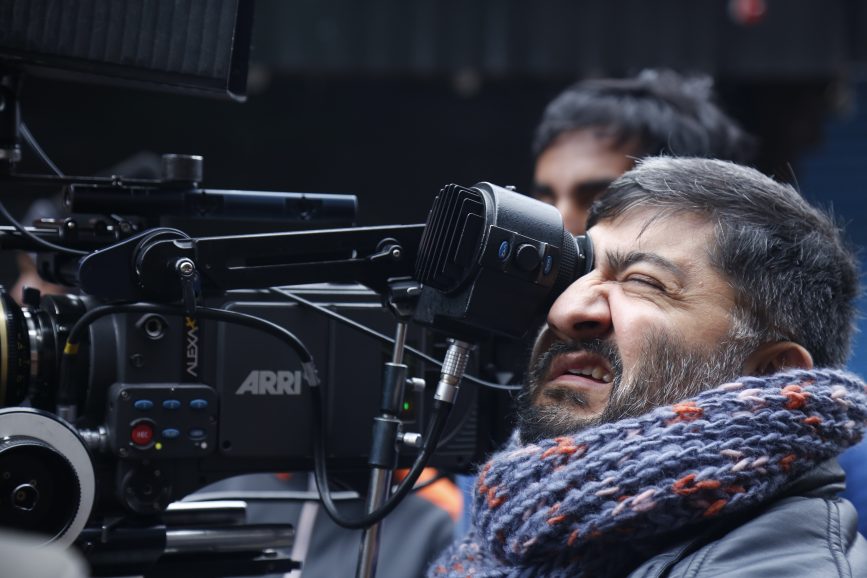
What qualities do you look for in a project before deciding to take it on?
Needless to say that I am hopelessly attracted to projects that are visually, extremely ambitious. But more importantly, I have come to learn from my decade of independent practice, that I am best when I am part of a film that I believe in, and, have those minimum resources that I need to create that world. Sometimes a script is brilliant, but resources are paltry. Sometimes it’s the reverse. And sometimes, it is that sweet spot between the two. And then, the chemistry between collaborators gets that chance to infuse life into the script. Something magical can happen.
What do you think is the secret to a successful DP-director relationship?
Deep artistic trust, a minimum common referential pool of historical, cultural, political and philosophical resources, and an immense capacity to listen and innovate.
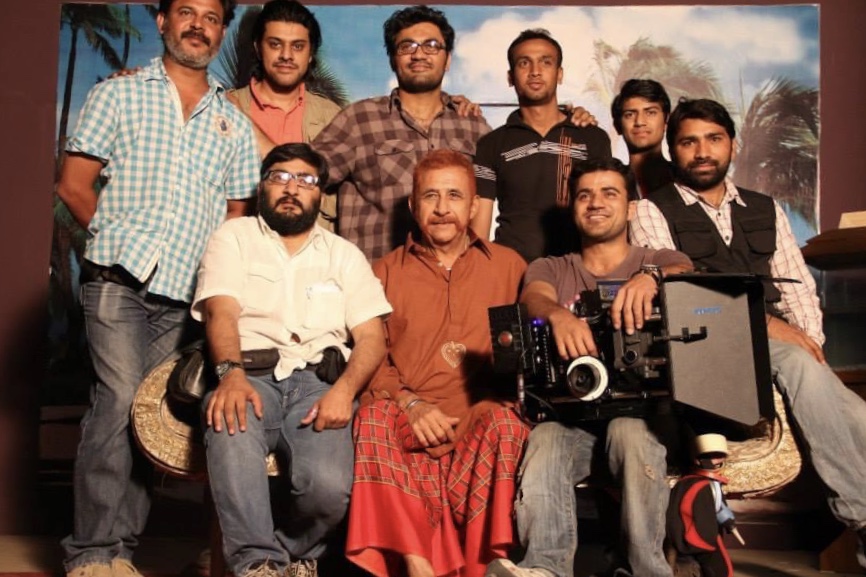
Which of your projects are you most proud to have lensed and why?
I think it’s Chauthikoot/The Fourth Direction, my second feature collaboration with the director Gurvinder Singh. It was invited to be in competition at the Festival de Cannes Un Certain Regard, where it was also premiering in 2015.
Chauthikoot is a humanist account of a separatist movement spreading through the northen Indian state of Punjab during the ’80s. A large part of the film is photographed during the winter nights on location. We had huge night exteriors and very small interior spaces. Most of the night work involved lighting up very large open agricultural fields. In many shots the camera was meant to pan across this night landscape, sometimes as much as 270 degrees! We were on a tight budget and didn’t have enough to hire balloons for that classical moonlight simulation. These constraints pushed me to think about what lighting and consequent lighting fixtures, I could use, and create that dreary suspended atmosphere that the script demanded.
The film got me the Indian industry’s biggest award, the Filmfare for Best Cinematography (for the Punjabi edition of the awards) in 2017, in addition to garnering various international and domestic awards.
What would be your dream project and why?
A feminist, queer, thriller set across the Indian sub-continent!
‘Cause it brings together the dearest elements of my life and imagination!
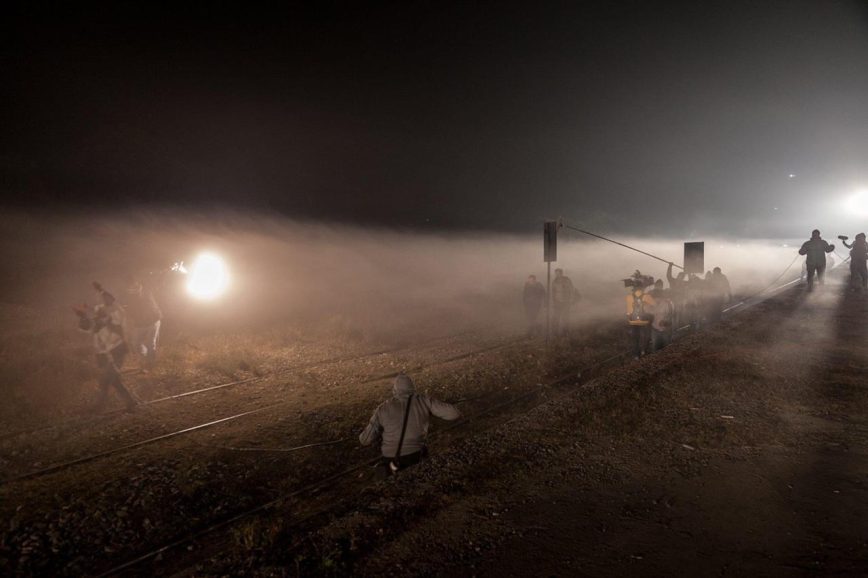
What are you looking forward to professionally in 2024 and beyond?
To the Sundance premiere of Nocturnes, to start grade on a Canadian feature I recently photographed and for BAFTA Breakthrough to open some doors!
What does it mean to you to be recognised by BAFTA?
My highest recognitions so far have been the National Award for Cinematography (2011), the Filmfare Award (2017), India’s highest industry recognition, and then, the country’s highest recognition by a professional body of cinematographers, The Indian Society of Cinematographers (ISC), being invited into its lifetime membership (2021). BAFTA Breakthrough in many senses is that global recognition for a decade of work around which I have been trying to carve out a career. It’s precious for that very reason. But I do hope that it does lead to some substantial professional opportunities too!
What do you hope to get out of the programme?
I hope to be on some UK shooting stages with some of my favourite English DPs! And also acquire some much needed training in the newer domains of digital cinematography, especially with AI infiltrating our practice increasingly.
Find out more about BAFTA Breakthrough and the full cohort here.



